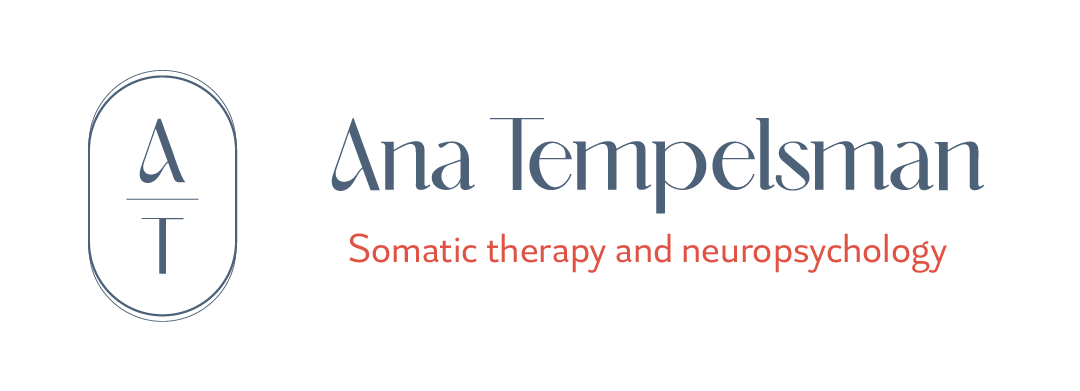PERSONAL GROWTH
JAN, 2024
Navigating Guilt and Anger: A Path to Understanding and Personal Growth
![]() ANA TEMPELSMAN
ANA TEMPELSMAN
In the vast landscape of our emotions, guilt and anger stand out as two of the most challenging yet fundamental for our emotional and personal development. Understanding these emotions not only allows us to navigate them with greater wisdom but also provides the opportunity to transform our relationship with ourselves and others.

Guilt: Between Beliefs and Primary Emotions
Guilt is a secondary emotion that arises from the interaction between our primary emotions (such as anger, sadness, or fear) and deeply ingrained beliefs about how we should act, feel, or be. Often, we find ourselves trapped in the idea that we are not fulfilling certain roles or expectations, such as being a “good daughter” or a “good friend,” and this discrepancy between reality and our beliefs fuels the feeling of guilt.
To effectively address guilt, it is necessary to examine the beliefs that sustain it. Are these beliefs truly ours, or have we adopted them without questioning? Are they still relevant to us? By questioning and eventually reevaluating these ideas, we can gain a clearer understanding of our underlying primary emotions and learn to embrace them with compassion and acceptance.
Anger: Listening to Its Message
Anger, on the other hand, is one of the six primary emotions that we experience as biologically adaptive. While it is often seen as negative, anger serves an important function: it alerts us to what we perceive as unfair, harmful, or violating our personal boundaries. It is a call to action, a signal that something needs to change. However, how we respond to this call makes a difference. It is not the same to feel anger and listen to what is happening to us as it is to act out of anger with aggression. Allowing ourselves to be consumed by anger or acting impulsively in response to it can lead to decisions and actions we later regret. The path involves learning to listen to what anger is trying to tell us, recognizing the validity of our emotions without letting them dictate our actions. This requires creating a space between feeling and acting, allowing us to choose responses that reflect our most authentic needs and values.

Towards a Conscious Response
Both guilt and anger provide valuable opportunities for personal growth and integration. Instead of rejecting these emotions or letting them overwhelm us, we can embrace them as teachers that invite us to deepen our self-awareness and cultivate greater compassion for ourselves and others. By approaching our true experience with curiosity, patience, and understanding, we pave the way for greater personal integrity and the possibility of more authentic and fulfilling relationships.
